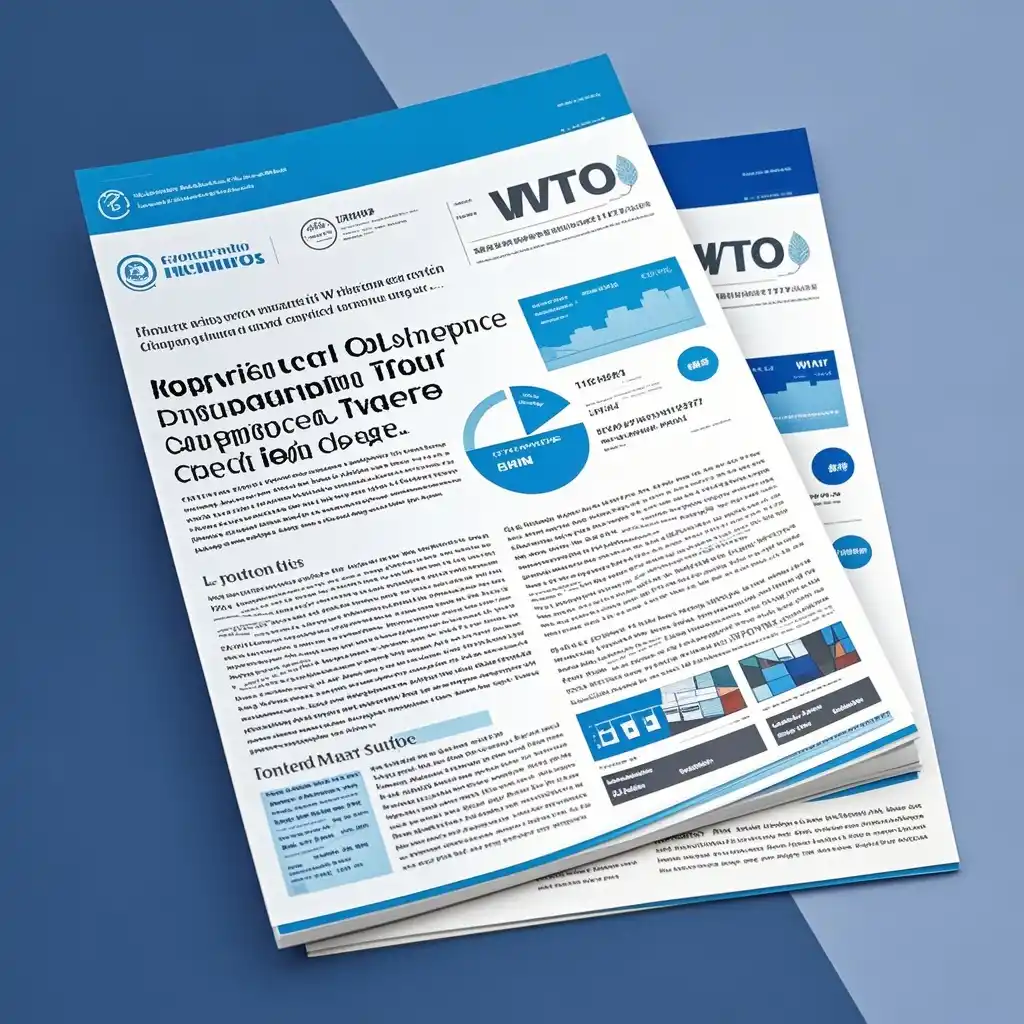

Background
In the era of globalization, e - commerce has emerged as a powerful force in international trade. Cross - border e - commerce, in particular, has been growing at an astonishing rate. According to recent data, the global cross - border e - commerce market size reached over $1 trillion in 2022 and is projected to continue its upward trend in the coming years. However, the development of cross - border e - commerce is significantly influenced by tariff policies. Tariffs can directly impact the cost of goods, pricing strategies, and ultimately the competitiveness of e - commerce businesses in the international market.
International organizations, such as the World Trade Organization (WTO), play a crucial role in shaping e - commerce tariff policies. The WTO was established with the aim of promoting free and fair trade among its member countries. It provides a framework for negotiations, rule - making, and dispute settlement in international trade. In the context of e - commerce, the WTO has been gradually recognizing the importance of this sector and has started to address related issues, including tariff policies.
The Role of International Organizations
The WTO, for example, encourages its member countries to reduce trade barriers, including tariffs on e - commerce goods. Through multilateral trade negotiations, it aims to establish common rules and standards for e - commerce trade. One of the key functions of the WTO is to promote transparency in tariff policies. Member countries are required to notify the WTO of any changes in their tariff schedules related to e - commerce products. This helps in creating a more predictable trading environment for e - commerce businesses.
Moreover, international organizations also facilitate information exchange among countries. They organize conferences, seminars, and working groups where representatives from different countries can share their experiences and best practices in e - commerce tariff management. For instance, the WTO's E - commerce Work Program has been a platform for such exchanges. Through these interactions, countries can learn from each other and potentially adopt more effective tariff policies that are conducive to the growth of cross - border e - commerce.
The Impact on Cross - border E - commerce
The influence of international organizations on e - commerce tariff policies has a profound impact on the cross - border e - commerce industry. Reduced tariffs, as promoted by the WTO, can lead to lower costs for e - commerce exporters. For example, a study found that in some product categories, a 10% reduction in tariffs led to a 15% increase in cross - border e - commerce sales volume. This is because lower tariffs make products more affordable for international consumers, thereby expanding the market demand.
On the other hand, the standardization of tariff policies also simplifies the compliance process for e - commerce businesses. Instead of dealing with a complex and diverse set of tariff regulations in different countries, they can follow a more unified set of rules. This reduces administrative costs and the risk of non - compliance. A survey of cross - border e - commerce companies showed that over 60% of them believed that the standardization efforts by international organizations had a positive impact on their business operations.
However, there are also challenges. Some developing countries may face difficulties in adapting to the new tariff policies imposed or influenced by international organizations. They may lack the necessary infrastructure and regulatory capacity to implement these policies effectively. For example, in some African countries, despite the efforts of international organizations to promote e - commerce tariff reforms, the lack of reliable internet connectivity and efficient customs clearance systems has hindered the full realization of the benefits of these policies.
Conclusion
In conclusion, international organizations like the WTO play a significant role in influencing e - commerce tariff policies, which in turn has a substantial impact on the cross - border e - commerce industry. Their efforts in promoting tariff reductions, transparency, and standardization have generally been beneficial for the growth and development of cross - border e - commerce. However, it is important to recognize the challenges faced by different countries, especially developing ones, in implementing these policies.
The cross - border e - commerce industry association should actively engage with international organizations and national governments. It can act as a bridge between businesses and policymakers, providing feedback on the practical implications of tariff policies on the industry. By doing so, it can contribute to the formulation of more balanced and effective e - commerce tariff policies that can promote the sustainable development of the cross - border e - commerce industry on a global scale.